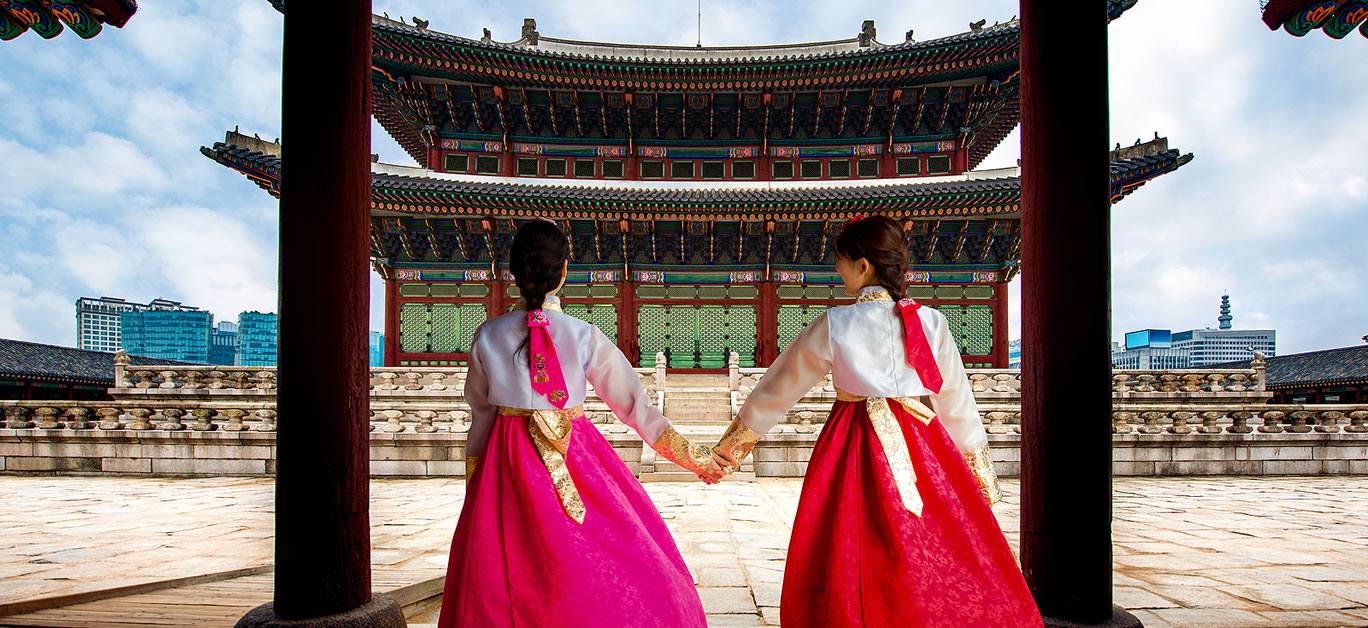There’s no denying that, in many ways, 2020 has been an unprecedented year, with the Covid-19 pandemic sweeping the globe and forcing many of us into extended lockdowns throughout the spring and summer months, and serving as the catalyst for new means of communication, new hobbies, and an all-round different way of life.
From embarking upon a new course to broaden your knowledge and skills, to taking up a new pastime to – quite literally – pass the time, it’s been a year of personal development and expansion as much as it has coronavirus. With more time than ever to work on ourselves and do the things we enjoy – albeit from home – for many it has also sparked the finding of new passions and ambitions.
With a limited ability to travel throughout 2020, it’s little wonder that the minds of many have turned to the allure of foreign countries and different cultures, whether it be planning that next luxury trip or immersing yourself in new traditions. One culture that has seen a particular increase in interest throughout the year is that of Korea – with more Google searches on the topic being made than ever before.
So, just why has this culture become such a topic of intrigue? Its rich history and culture may have something to do with it. Here, we take a look into this fascinating nation and all that makes it so interesting.
Our prediction? You’ll be booking some flights there – First Class, of course – just as soon as you’ve finished reading.

The Korean wave
When Korean culture is discussed in the UK, it essentially refers to the South Korean facet only. With a rich history dating back as far as 2333 BC, each of the country’s prominent eras, which include the Gojoseon, Goguryeo, Joseon, Colonial Rule (Japan) – not to mention, of course, the eventual division of the north and the south into two countries, have had a deep-rooted impact on the culture of modern Korea – with the knock-on effects still evident today.
The cultural colours of these two countries are reflected in many areas when the Korean culture is observed and studied. However, despite being influenced, Korean culture exhibits unique characteristics of its own that makes it naturally appealing and interesting.
Since the 1990s, the world has witnessed a spike in the popularity of the Korean culture, commonly known as Hallyu wave or the Korean wave. The initial spread started in the pan-Asian regions, followed by rapid development in the Western world.
This phenomenon was largely instigated by quality K-dramas and various K-pop sensations. With the advancement of technology and social media, this wave has been spreading rapidly around the world and sweeping many up into its magical charm, with many people looking to emulate certain fashions and trends, too, such as Korean bangs, oversized clothing and cosmetics and skincare.
Of course, it was the nation’s Oscar win for the now famous movie, Parasite, earlier this year, that undoubtedly solidified its status, putting South Korea well and truly on the map for the rest of the world, and for those who hadn’t taken note already.

Socio-economical aspect
While the entertainment industry is responsible for the majority of Korean culture’s popularity, the other socio-economic aspects cannot go unmentioned. The most common example is the Android mobile giant Samsung, which has enormous investments and customer bases all around the world.
While Samsung has been the blue-eyed boy of Korean investment, other industries including automotive and robotics also have a strong foothold in terms of foreign investment for Korea.
Hangu and Kimchi: The doorkeepers of Korean culture
One of the best places to start when getting to know a new culture is the country’s food. In the UK, we are privileged to enjoy traditional dishes from all corners of the globe, with a thriving restaurant scene featuring authentic cuisine from just about everywhere.
Korean cuisine has become increasingly popular in recent years, with the likes of kimchi (a dish widely enjoyed in the Korean peninsula) and Hangu (native name of the Korean language) both leading the way. So much so, that these two vastly popular dishes can be referred to as the doorkeepers of the unique Korean culture.
Learning the Korean language
The rise of the popularity of K-Dramas and K-Pop all over the world has inspired many individuals to learn the language. Korean is placed as a category IV language by the United States’ Defence Language Institute, sharing its space in the category along with some of the toughest languages to learn – including Chinese, Arabic and Japanese.
In spite of this, it seems that much of the world is up for the challenge, and with travel now more accessible than ever – outside of the Covid-19 pandemic, of course – learning a new tongue has far more appeal than it once did. If you’ve always dreamed of visiting Korea, then perhaps you became fluent in lockdown? If so, then we wholeheartedly salute you – it’s certainly not an easy task.

For non-native speakers, Korean can seem challenging primarily because of the phonetics and the script. Although differentiating the phonetic syllables is relatively easy in Korean, associating words with other non-Asian languages is not. And, in spite of looking similar to Chinese characters, the Korean alphabet is entirely different.
In the era of pre-recorded online videos and courses, learning a language is often deemed as easy. However, the importance of in-person teaching should never be underestimated, and can make a huge difference to the learning experience. Fancy giving it a try? You can easily find tutors with Preply.
Tutors don’t necessarily need to be native Korean speakers, but they must have a thorough understanding of not only the Korean language, but also the culture. This dual-edged sword will help you to slice through the difficulties in learning Korean quite easily.
As and when you progress in your learning, a good tutor will be able to introduce you to Korea’s rich cultural literary marvels and classic music as well. It’s then that you’ll really get to immerse yourself in the culture, and where things start to get more fun.
The bottom line
There’s no denying that Korean culture has enjoyed a distinctive surge in popularity in recent years, so if you’re eager to ride the wave and have some extra time to pass at home this year, then look no further. With long-haul travel expected to be back on the cards in 2021, there’s no better time to start learning the lingo, tasting the food and planning that next luxury getaway – you’ll be back in that lavish five-star hotel, in the heart of all the cultural action, in no time.






















